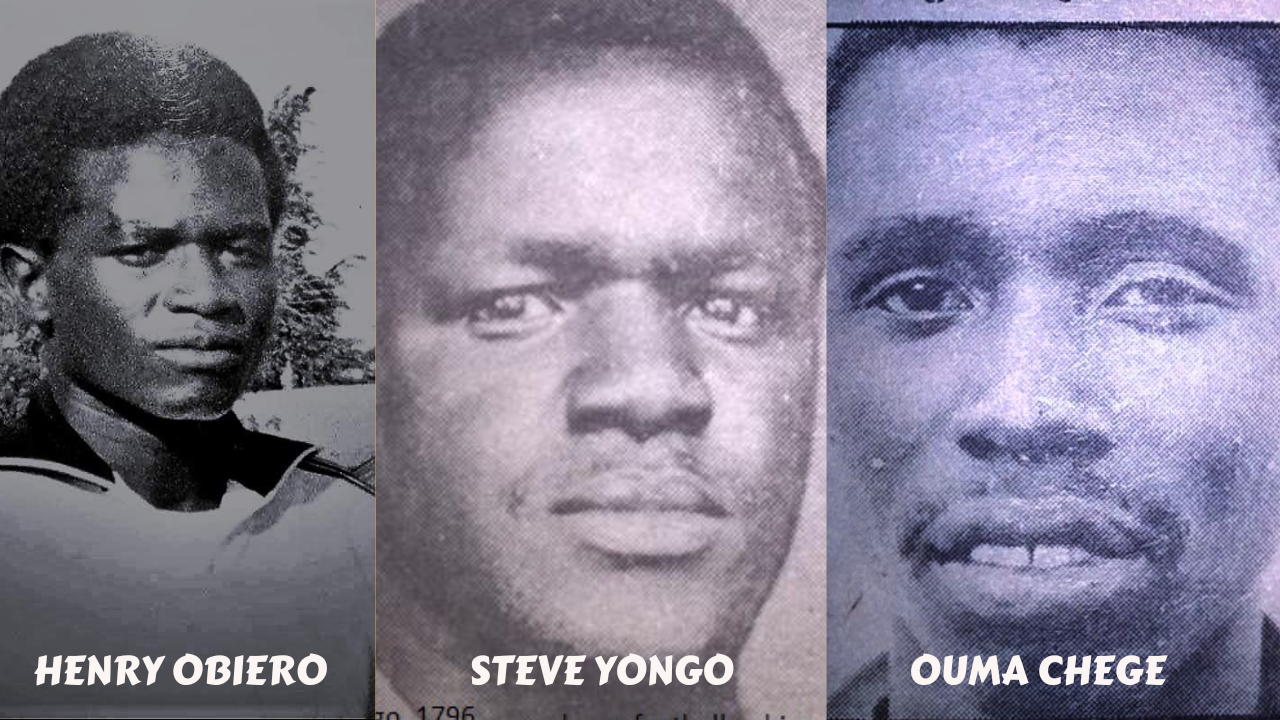In the annals of Kenyan football, few names resonate with the depth and diversity of experiences as that of Henry Obiero. Known for his dexterity on the field, Obiero’s career spanned several clubs, most notably Gor Mahia and Kenya Breweries. Henry Obiero’s impact on Kenyan football is monumental, especially considering his contributions to Gor Mahia and Kenya Breweries, two of the most significant teams in the country’s football history. His skill set on the field, characterized by exceptional ball control and tactical awareness, made him a key player in pivotal matches, helping to shape the fortunes of his teams during crucial league contests and regional tournaments.
Henry Obiero began his football career with Gor Mahia, one of Kenya’s most successful football clubs. Founded in 1968, Gor Mahia has a storied history, celebrated for its vibrant fan base and significant contributions to Kenyan football. Obiero’s time at Gor Mahia coincided with a golden era for the club, where his skills as a winger were first recognized.
Obiero’s legacy is not just in his athletic prowess but also in his leadership and charisma, which inspired teammates and captivated fans. His dedication and passion for the game were evident in every match he played, leaving a lasting impression on both the sport and its followers in Kenya.
In 1971, in a move that surprised many, Obiero transferred from Gor Mahia to Kenya Breweries, now known as Tusker FC. This switch was significant, not only for Obiero’s career but also for the burgeoning rivalry between these top-tier teams. At Kenya Breweries, he became a founding member, contributing to the team’s tactical depth and gaining recognition for his on-field intelligence and speed.
Beyond his achievements with the ball at his feet, Obiero was an unintentional participant in one of Kenyan football’s most dramatic episodes. In 1969, before his move to Kenya Breweries, he witnessed a severe altercation involving two other legendary figures in Kenyan football: William “Chege” Ouma and James Siang’a, at a popular pub in Kaloleni Estate, Nairobi.
Kaloleni Estate, known for its rich history and contribution to Nairobi’s urban culture, became the backdrop for this notorious event. William “Chege” Ouma, a star striker known for his fiery temperament and exceptional talent, clashed with James Siang’a, a revered goalkeeper and a figure of discipline in Kenyan football. The altercation escalated dramatically, culminating in Ouma assaulting Siang’a with a butcher’s knife, an incident that led to his imprisonment.
Additionally, Obiero also played a role in nurturing young talent, often participating in youth training camps and development programs. This aspect of his career highlights his commitment to the growth of football in Kenya, ensuring a new generation of players could rise to prominence.
James Siang’a, on the other hand, was not just a victim in this incident but a celebrated goalkeeper whose career spanned several clubs, including Luo Union and Gor Mahia. His contributions to football extended beyond his playing days, as he later took up coaching roles, significantly influencing young talents in Kenya and across East Africa.
William “Chege” Ouma’s career, marred by the brawl, reminds us of the intense pressures and passions that football can stir. Despite the infamous incident, Ouma’s skill level and contributions to the sport were substantial, making him a complex figure in Kenyan sports history.
Reflecting on Henry Obiero’s career, it is clear that his impact was not confined to the goals he scored or the matches he won. As a younger brother to Steve “McQueen” Yongo, another renowned player and coach, football was more than a game to Obiero; it was a familial and cultural legacy. Steve “McQueen” Yongo, who played for Luo Union and later coached the Harambee Stars, was a significant influence in Obiero’s life, providing both inspiration and a benchmark for footballing excellence.
Henry Obiero’s story is woven into the fabric of Kenyan football through personal achievements, witnessed historical events, and familial ties. As Kenya Breweries and Gor Mahia continue to thrive in the Kenyan Premier League, they carry with them the legacies of players like Obiero, who played pivotal roles in their histories. The infamous incident at Kaloleni Estate, while a darker chapter, also highlights the intense passion and sometimes perilous devotion that defines the beautiful game in Kenya.
Henry Obiero will be remembered not only for his achievements and sportsmanship but also for his enduring influence on Kenyan football, which will be felt for generations to come. His passing is a great loss to the sport, but his legacy in Kenyan football will undoubtedly continue to inspire future athletes.
In remembering Obiero, we recall a player whose career was as much about the spectacular moments on the pitch as it was about the profound human experiences off it, encapsulating the true spirit of Kenyan football.
Kisumu City News




